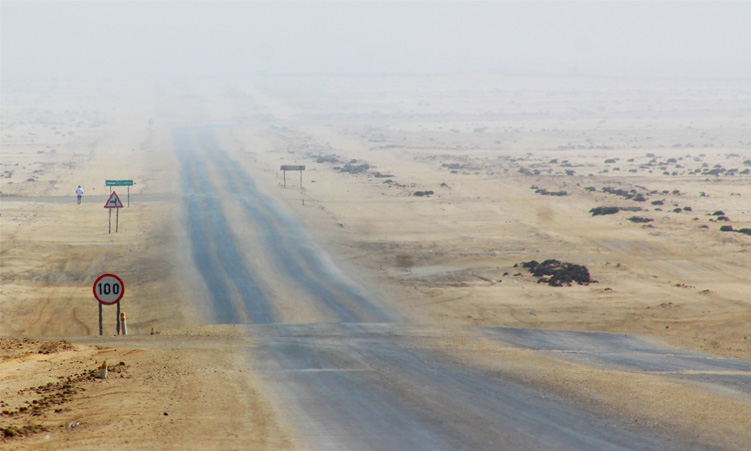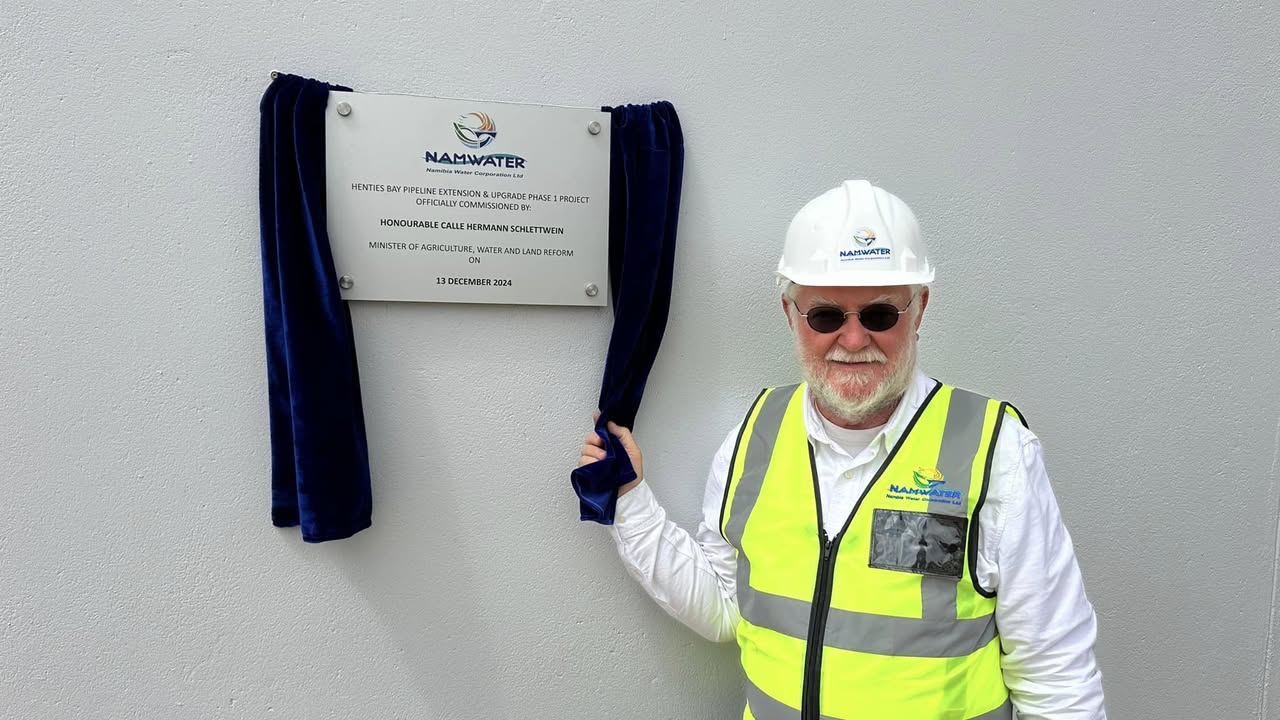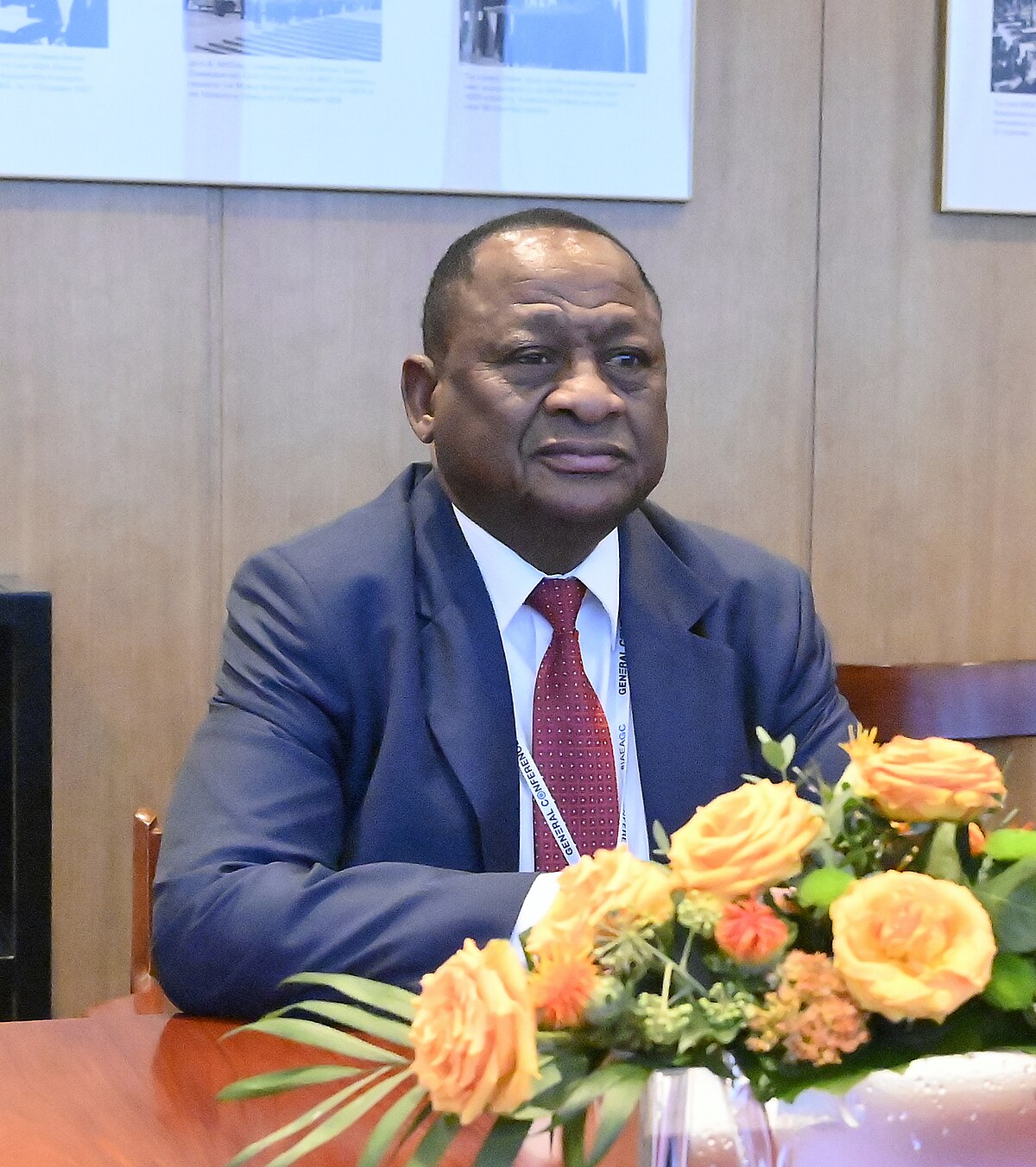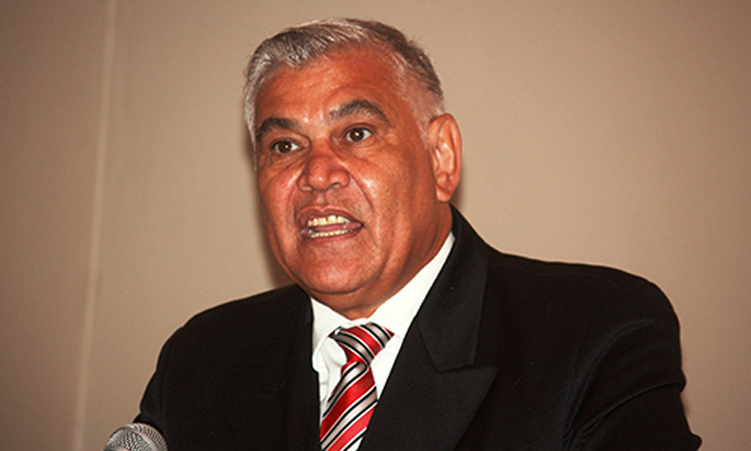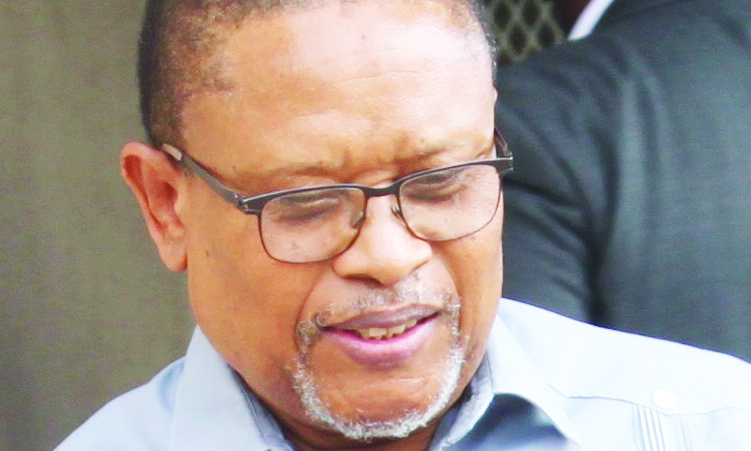Erongo governor Neville Andre says he is “perplexed” over the lack of interest in public consultations on the revision of the region’s roads master plan.
One of the consultations was held at Swakopmund yesterday.
Addressing attendees, Andre emphasised the critical importance of the road network for the region’s economic and social well-being.
“I am perplexed by the absence of key stakeholders, such as the tourism and fishing industries, traditional leaders and local authority representatives,” he said.
“This is a crucial opportunity to shape the future of our roads and their input is invaluable.”
He highlighted the significance of the road network in facilitating access to essential services, supporting economic activities and attracting investors.
Andre stressed the need for inclusive planning and urged the Roads Authority (RA) to intensify efforts to engage with communities.
“We cannot afford to make decisions about our roads without the input of those who will be most affected,” he said.
“This is a collective responsibility and we must work together to build a road network that meets the needs of all our people.” The RA has launched a public consultation process to revise the roads master plans for the Otjozondjupa, Omaheke, Kunene and Erongo regions.
The existing plans, developed in 2012, have become outdated due to significant socio-economic changes.
The public participation meetings will provide an opportunity for residents, local leaders, government officials, non-governmental organisations and other stakeholders to voice their concerns and priorities regarding road infrastructure.
Erongo regional councillor Ernest Wetha highlighted the critical role of adequate transport infrastructure in driving economic growth and development.
“Without proper roads, sectors like agriculture, tourism, mining and trade will face severe constraints,” he said.
The RA has contracted Bicon/Pregon/Dunamis joint venture to undertake the revision process.
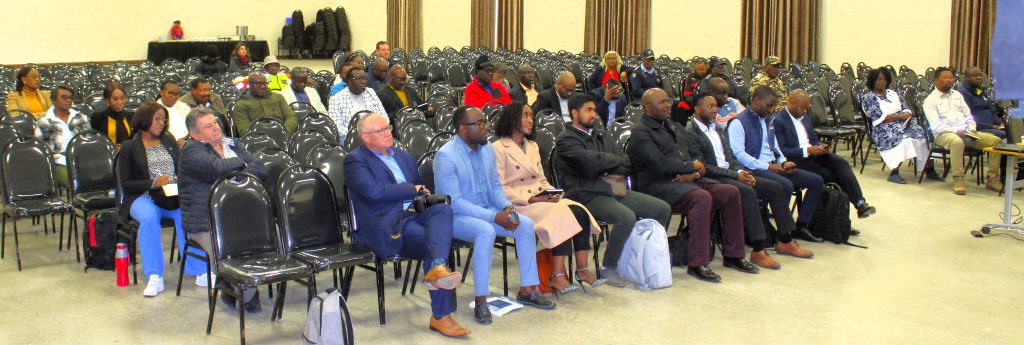
The objectives include identifying changes since the previous plans, assessing road infrastructure needs, reviewing planning and prioritisation criteria and determining maintenance strategies.
“We aim to identify priority road development projects and programmes, considering social and economic benefits,” Wetha said.
Sylvester Mubila of the RA forum emphasised the pivotal role of roads in driving development in the region.
“Roads are the cornerstone of progress,” he said.
“Before we can talk about developing our communities, we must first invest in a robust road network.”
RA engineer Timo Hatuikulipi said: “This consultation is about getting stakeholders’ input on what’s important to them. We’ll combine their priorities with RA’s findings to create a final list.”
The consultation process involves a series of public meetings during which stakeholders and communities can voice their concerns and suggest road development projects.
The RA will consider this feedback to create a comprehensive final plan.
“We need to think regionally and consider connectivity to other regions,” Hatuikulipi said.
“This is an opportunity for communities to tell us what they need.”
The revised roads master plans are expected to be finalised by next March, with feedback to the regions provided by the end of the year or early next year.
Stay informed with The Namibian – your source for credible journalism. Get in-depth reporting and opinions for
only N$85 a month. Invest in journalism, invest in democracy –
Subscribe Now!


